Moisturize inside and out.
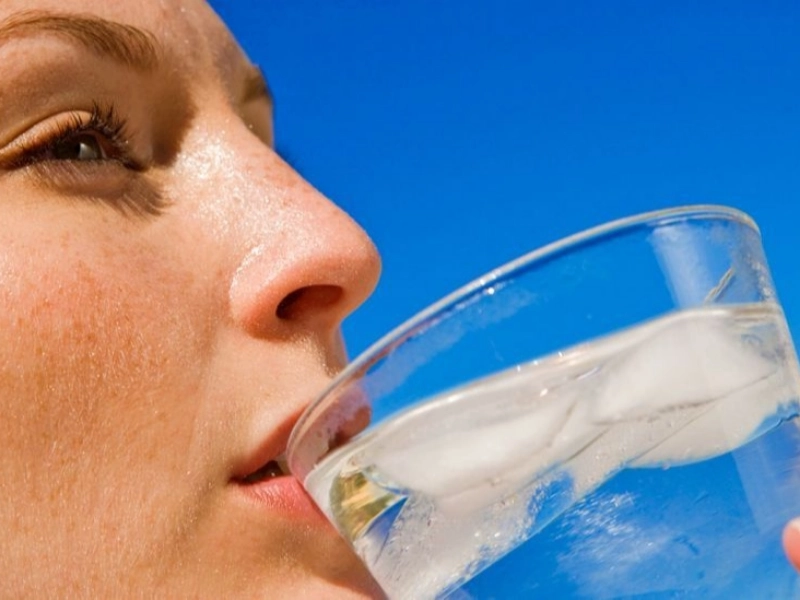
To achieve soft, healthy lips, it’s essential to focus on hydration from both external and internal sources. The condition of your lips often mirrors your overall health; if your body is not receiving enough water, it can lead to dryness and chapping. Internal Hydration Drinking an adequate amount of water daily is crucial for maintaining hydration levels in your skin and internal organs. Aim for at least eight glasses of water a day, or more if you’re active or live in a dry climate. Proper hydration helps your body function optimally and ensures that your skin, including your lips, remains supple and moist. External Moisturization In addition to drinking water, using quality moisturizers is vital for protecting and hydrating your lips. Look for lip balms or treatments that contain nourishing ingredients such as shea butter, coconut oil, or natural beeswax. These products create a protective barrier, locking in moisture and preventing dryness.
Advertisement
Recommended Reading: 10 Items You Must Never Pour Down the Drain
You are viewing page 5 of this article. Please continue to page 6








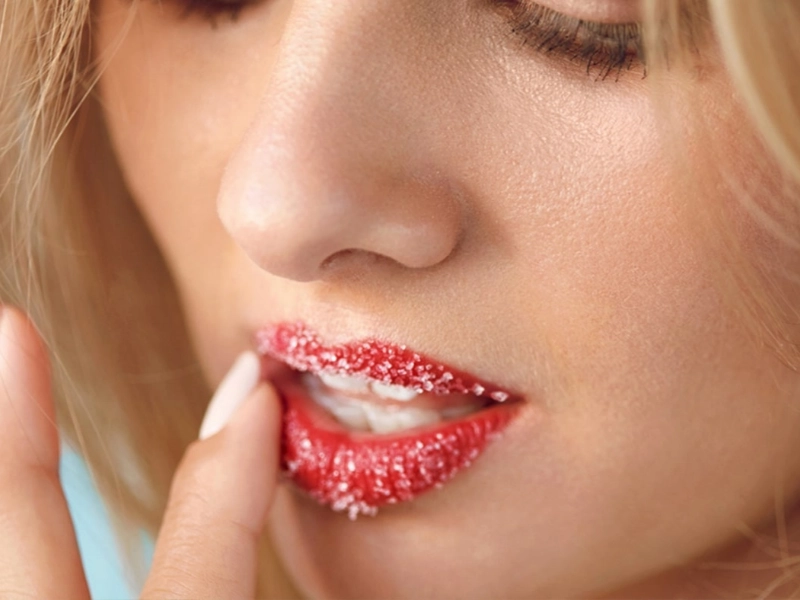
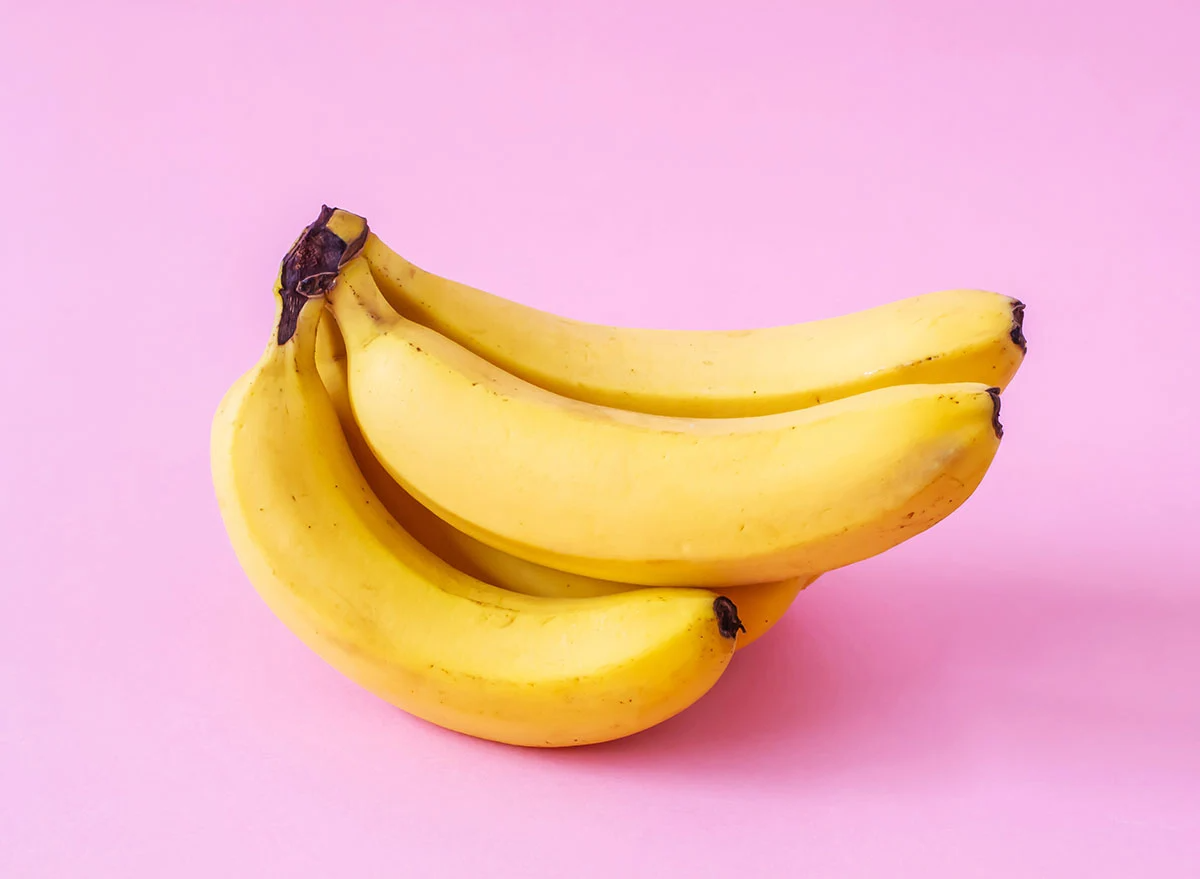
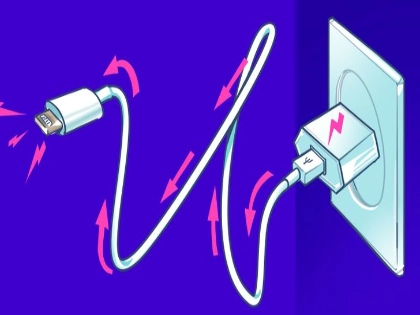


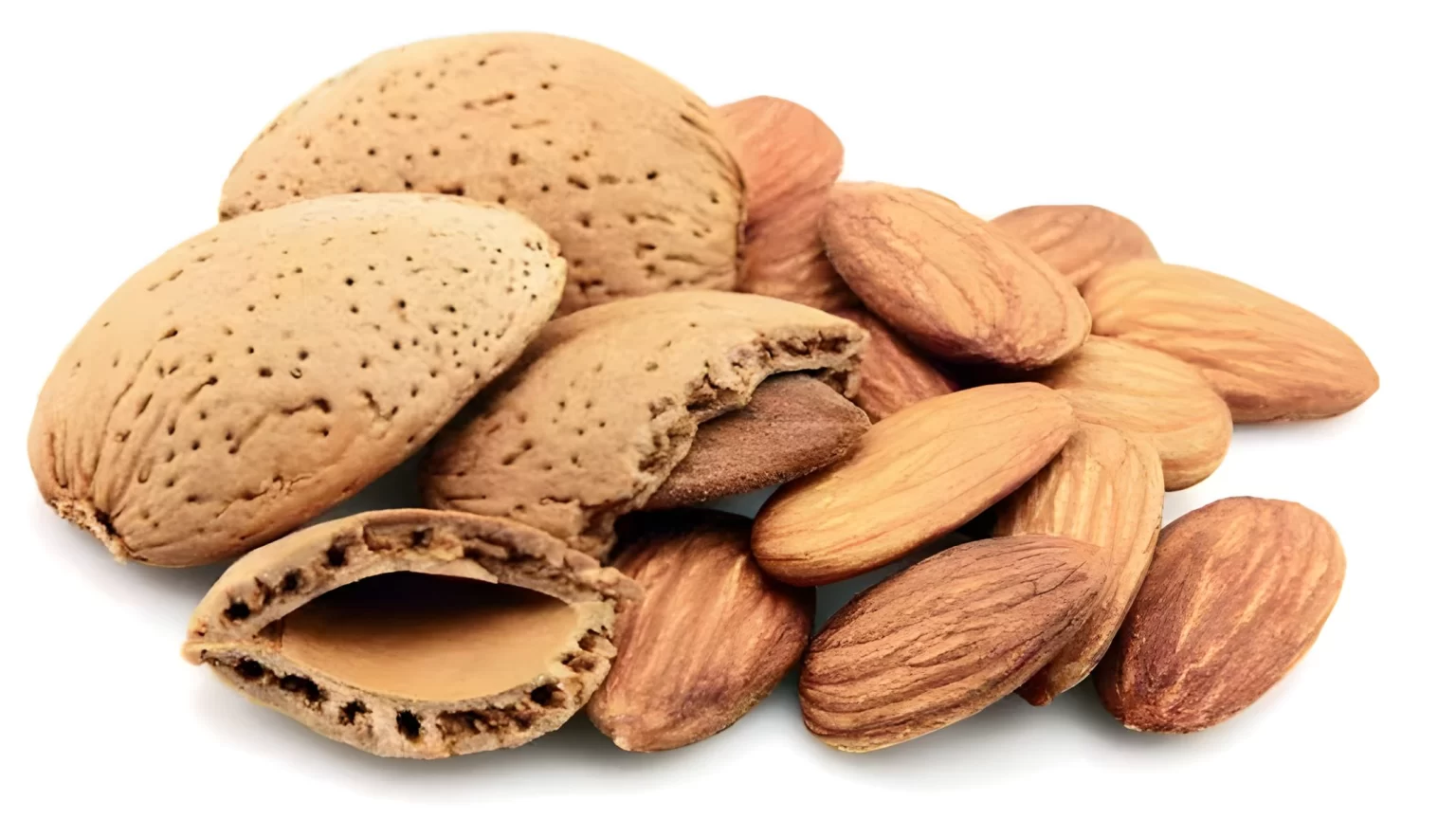




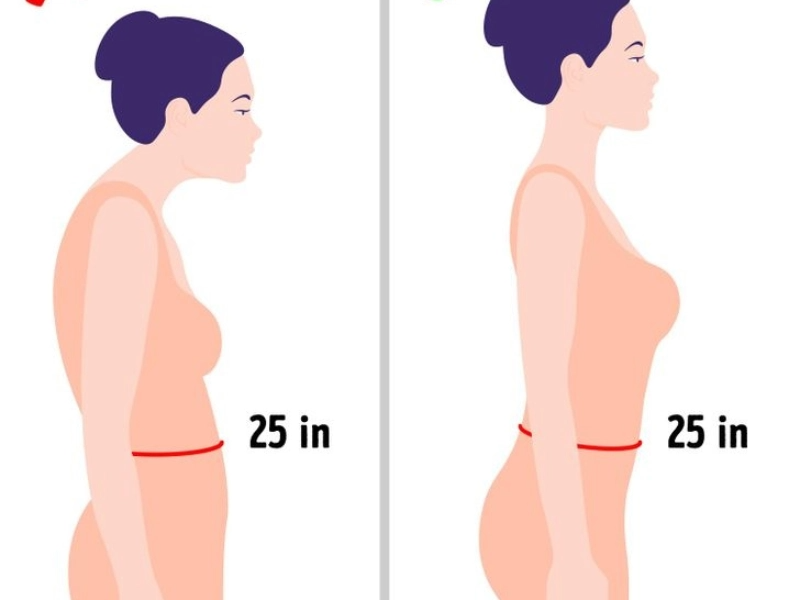


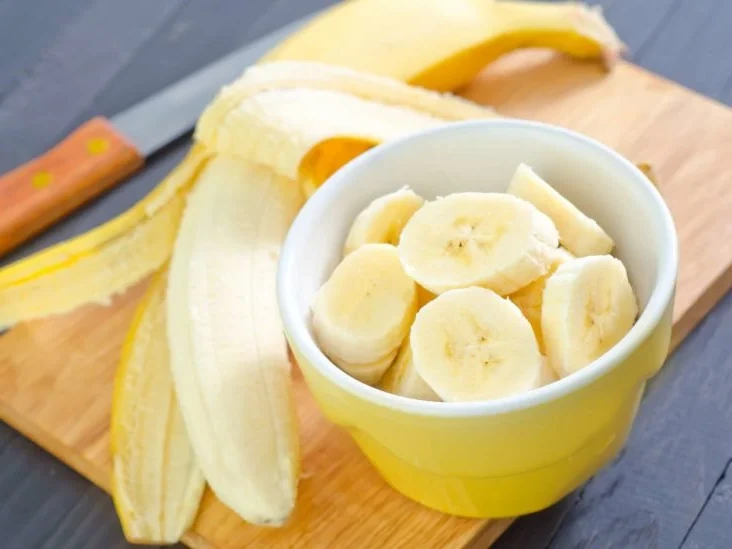


Interlocks with design ethics.
Shifts conversation to evidence.